
views
Nuh (Haryana): They don’t know about Mohammad Akhlaq. References of ‘alleged cow meat in the refrigerator’ and ‘Dadri’ are met with blank stares. Discomfort is writ large on their faces when family members of Rakbar Khan and Pehlu Khan try to recall Akhlaq’s story. After much strain and effort, they ask, “Woh Ballabhgarh waale ki baat kar rahe ho?” (Are you talking about the Ballabhgarh incident?).
No, we aren’t...
The only death by lynching at the hands of cow vigilantes they are aware of are the murders of their own family members — Rakbar and Pehlu. The cows in whose name these men were beaten to death were their bread and butter; they were used for dairy farming to sell extra milk during festivals.
“The cows were milked for milk, never for blood,” says Asmeena, Rakbar’s widow who is bed-ridden with a fractured spinal cord since an accident after her husband’s death.
Rakbar and Pehlu’s families live 20 km apart in Nuh district, but their lives bear tragic resemblance to each other’s. With Haryana set to vote in the sixth phase of polls on May 12, this election holds immense significance for them.
‘They have their leaders to support them, we will vote our leaders to power’ is the common sentiment.
THE RAKBAR HOUSEHOLD
Inside a small home in Tapkan village, an old woman named Kariman is sitting with her daughter and Rakbar Khan’s widow, Asmeena. Kariman is tending to Asmeena, pressing her stick-thin and bandaged legs. The old woman is also busy ensuring no one steps on the plastic bag attached to Asmeena’s renal organs with a pipe. Asmeena’s body is a frail structure lying on bed and the entire family just hovers around it.
A bed-ridden Asmeena considers herself “half dead” because of her inability to move around, or even get up from the cot. She has made several trips to the AIIMS Trauma Centre in Delhi where doctors prescribed medicines and told the family that she is not getting enough nutrition to recover. Asmeena survives on porridge and fruits.
The accident took place right after Rakbar Khan was lynched on suspicion of cow slaughter in Rajasthan. After Rakbar’s death, Asmeena spent four months in iddat, the period a Muslim woman must observe after the death of her husband or after a divorce. She sent four of her children to study in a school run by former vice-president Hamid Ansari’s wife Salma Ansari in UP’s Aligarh.
She met with the life-shattering accident when she left her Alwar home for the first time after iddat to meet her children in Aligarh. The accident fractured her spine and confined her to the bed.
“They didn’t kill only one Rakbar; they killed nine people,” she says. “I am half dead. Who will take care of my seven children after I go? How long can I live with this pipe attached to my renal organs? I lost my niece in that accident. She was accompanying me to Aligarh.”
Unable to tend to herself and her children, Asmeena shifted to her parents’ home in Nuh, Haryana.
WHO WILL THEY VOTE FOR?
Kariman not only boosts the morale of her daughter, but also takes her to Delhi for treatment. She is also tracking how the Rakbar Khan lynching case proceeds in Alwar court. There is always a stream of activists at their house to help them get benefits like pension and BPL card from the government.
Visitors also include those who keep them informed about the case proceedings.
“Somebody visited me in the morning with a newspaper cutting where the accused in Rakbar’s murder said they have no fear because they believe the MLA is with them,” says Kariman. “They are confident of winning the case because the MLA is with them. But we will vote for the party which gets us justice.”
“The accused are hopeful because Gyan Dev Ahuja, BJP MLA from Rajasthan, has expressed solidarity with them. When the 25-page chargesheet was filed by the police, Ahuja said the gau rakshaks (cow vigilantes) will challenge it in court as ‘there is no mention of cow smugglers’,” she recalls.
One of Rakbar and Asmeena’s daughters, 14-year-old Sahila, lives 60 km from her mother to tend to their cattle. Kariman and Asmeena want her back, but are not sure of a safe return because of the constant threat of cow vigilantes.
Their votes will also be decided by the fact that no MLA or MP has extended help to get their daughter safely back home with the cows. “My grand-daughter lives 60 km away from us, tending to our cows and buffaloes in another village, but we can’t call her. Will any MLA help her come home to her mother with the cows and buffaloes without being lynched? No,” says Kariman.
PARALLEL IN PEHLU
MLA Ahuja has also disappointed another family. Zaibuna, the widow of Pehlu Khan, lives in Jaisinghpur village of Nuh. In April 2017, Ahuja had said, “We should not take law into our hands. But we have no regret over his (Pehlu Khan’s) death because those who are cow smugglers are cow-killers; sinners like them have met this fate earlier and will continue to do so.”
Defending the attackers, Rajasthan home minister Gulab Chand Kataria had blamed the victims. “People know cow trafficking is illegal, but they do it. gau bhakts (cow worshippers) try to stop them. There’s nothing wrong with that but it’s a crime to take the law in their own hands.”
Also on the list of disappoints is Minority Affairs Minister Mukhtar Abbas Naqvi who denied that such an incident even took place. “In his opinion, nothing happened… aise log chahiye hi nahi (we don’t need such people),” says Zaibuna.
“I don’t have any hope from Ahuja’s party, but the Congress will work for us… How can anyone drag a person on grounds of suspicion and lynch them?” she asks.
Zaibuna says she was carrying on with her daily routine when some neighbours rushed into her home with a viral video playing on their mobile phones. To her horror, it was her husband who was being beaten mercilessly in the video. “I didn’t know what his crime could be. No matter what the crime, can people kill like this?” she asks. Pehlu Khan succumbed to his injuries two days later.
Pehlu was travelling with his sons when he was attacked in April 2017. One of them, Irshad, was also beaten and sustained injuries that healed only after a year. “The vigilante groups tore the cattle purchase receipts we got from the mela,” says Irshad.
This was a motivated crime, in his opinion. “The group targeted us because we are Muslims. They did not attack the Hindu driver named Arjun because of his religion,” he says.
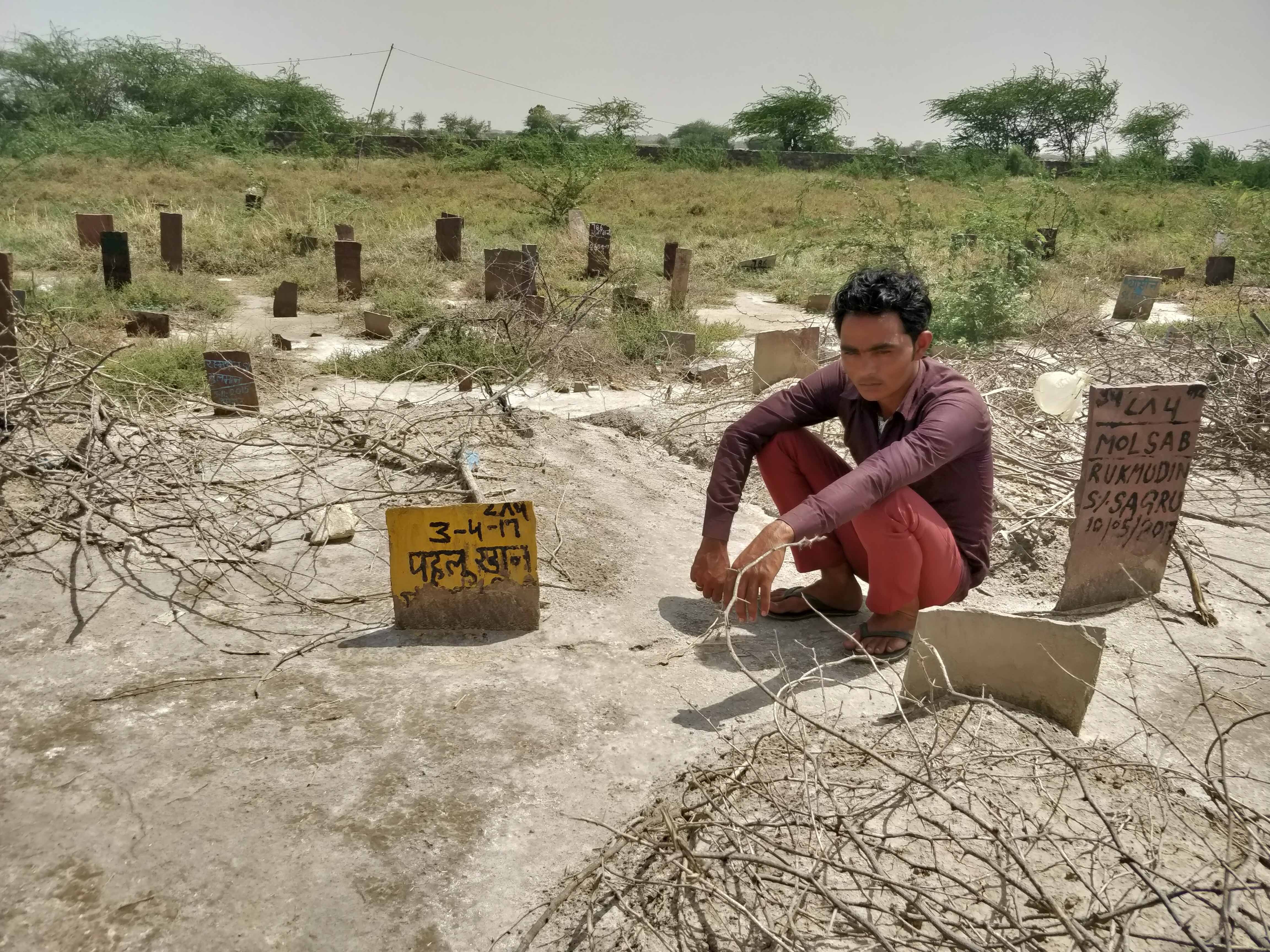
Pehlu Khan's son Irshad sits next to his father's grave near their home in Jaisinghpur, Haryana. (Eram Agha/News18.com)
For the family, life after Pehlu has been tough. “Now I know how hard he worked to raise an income of Rs 30,000. Today, we get Rs 7,000 as my brother works as a labourer. I spend time and money in fighting the case in Alwar court.”
Irshad, too, has been charged with cattle theft under local laws of Rajasthan. He wants to start life afresh, but needs more money to buy accompanying equipment used with the tractor an NGO gave him.
ELECTION EXPECTATION
In one corner of Nuh, Alimuddin and Rafiq, who were also with Pehlu during the attack, are discussing the upcoming voting in Haryana. The topic of discussion — how can their vote ensure more Pehlu Khans are not killed.
“After the incident, I was so broken that I stopped keeping cows. I know some more people who fear keeping cows,” says Rafiq.
This, however, is hurting the quality of milk. “I am now rearing goats and buffaloes for milk. Cow milk gives the best quality, but one day I might be killed for it.”
Alimuddin chimes in. “The BJP considers Muslims bad. We have to vote in a party that stands for us. Things were bad back then, but not this bad.”











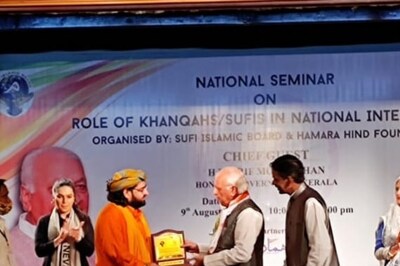
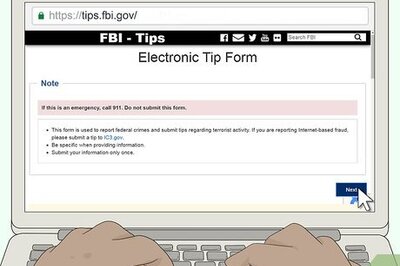


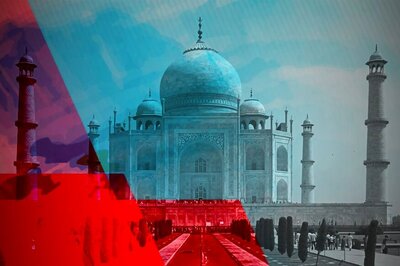


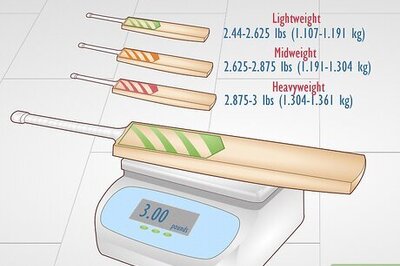

Comments
0 comment